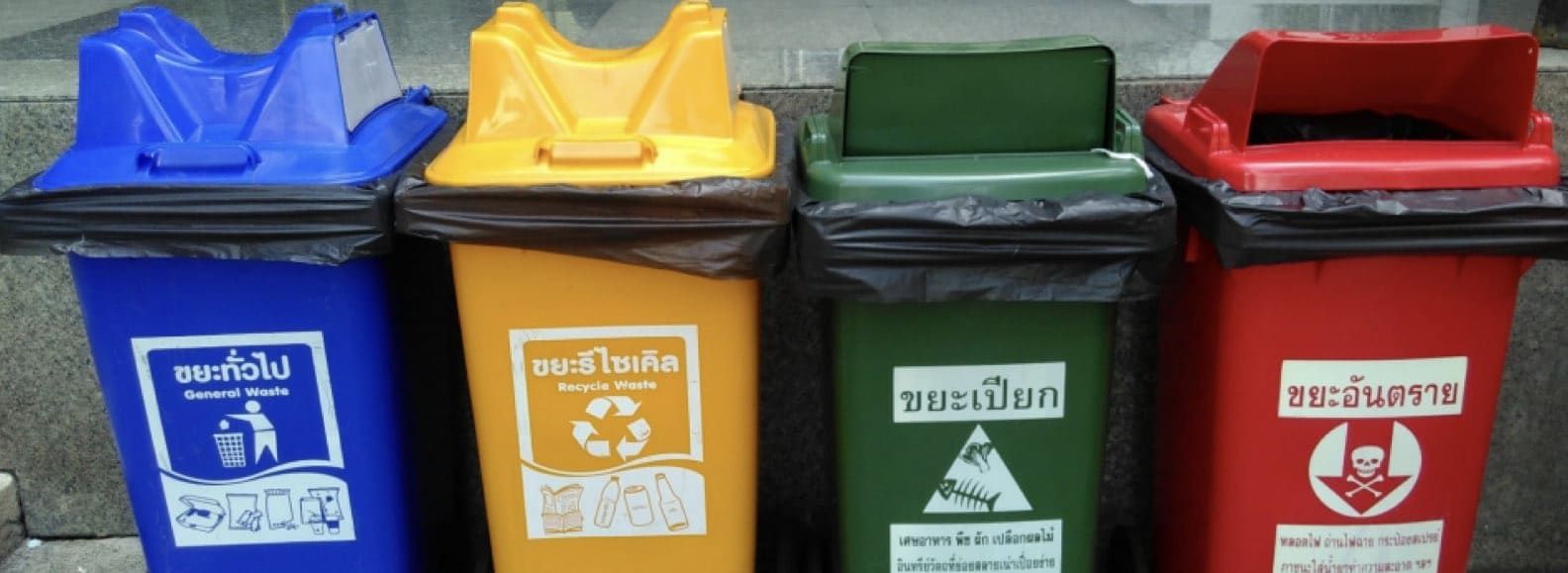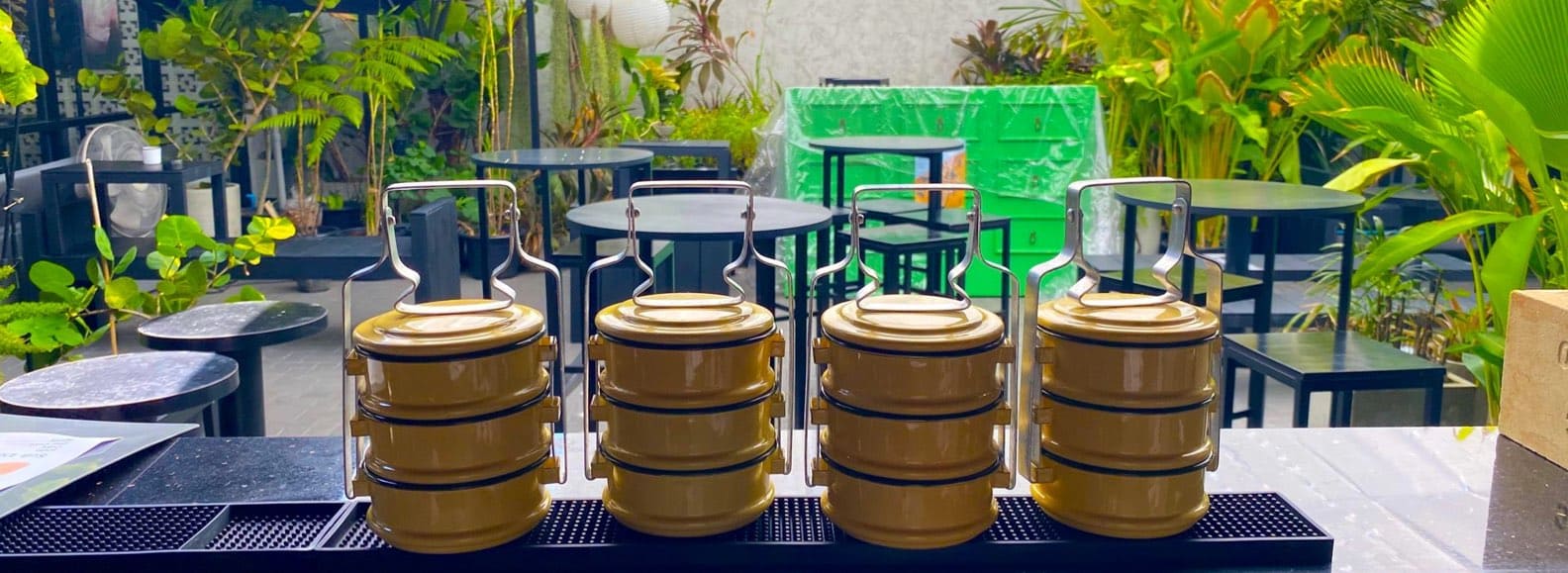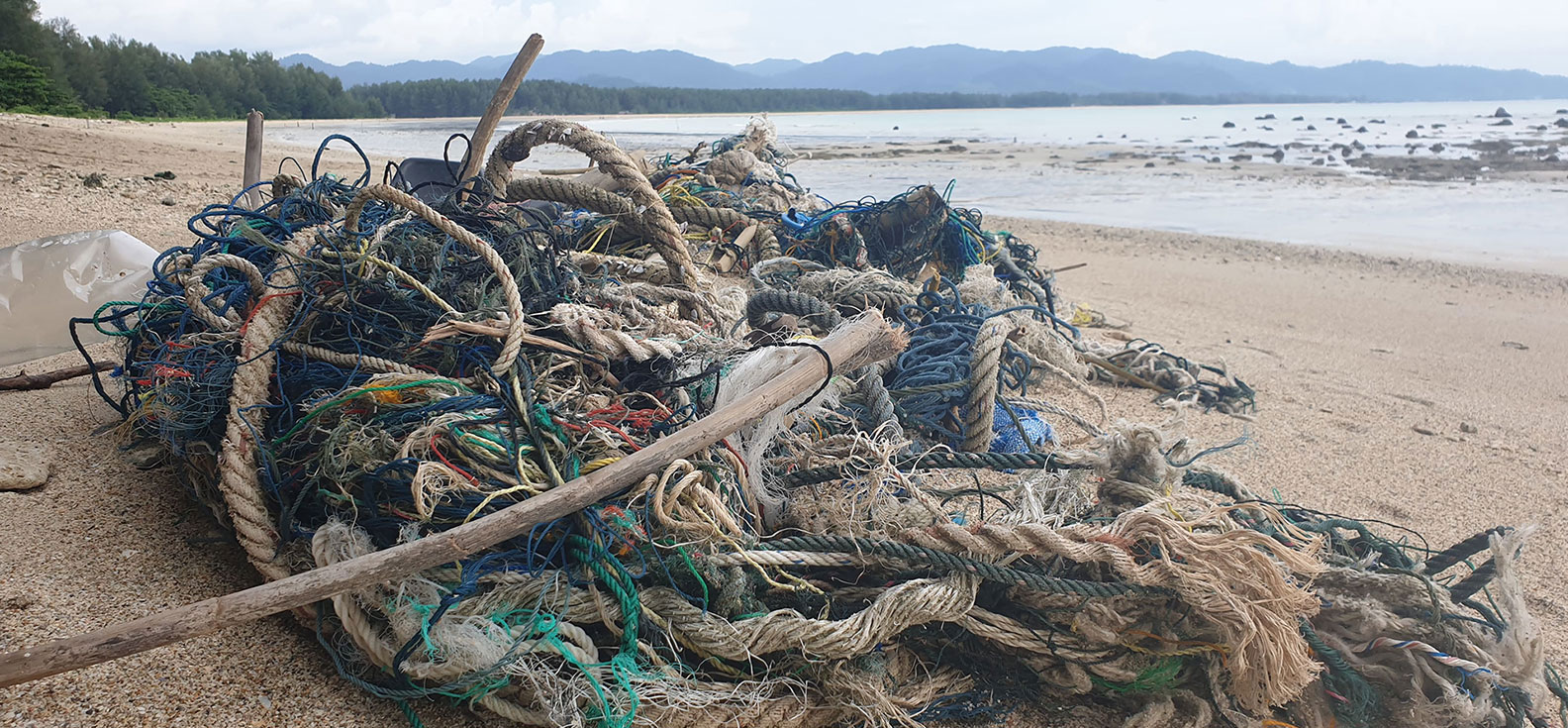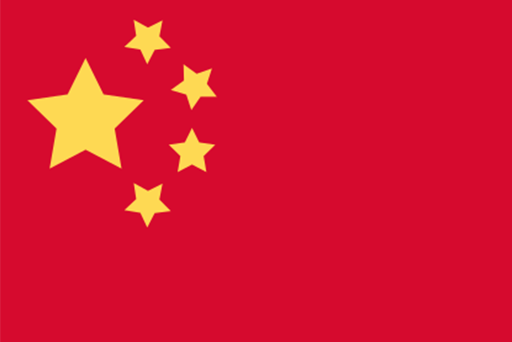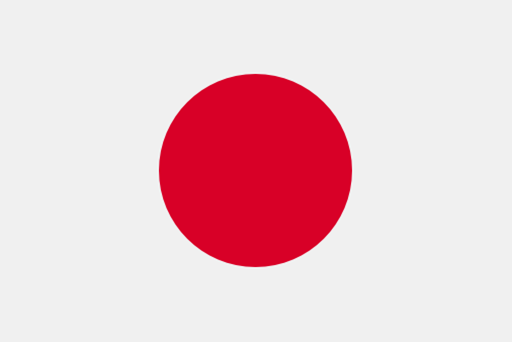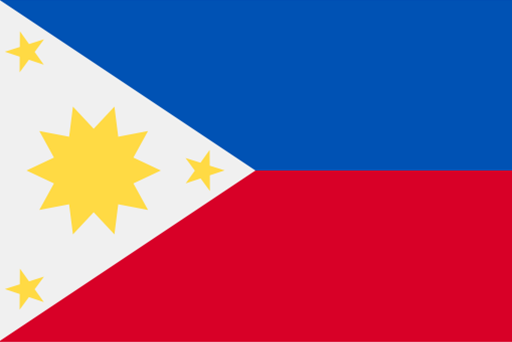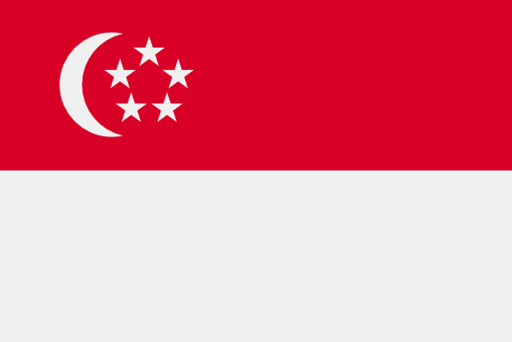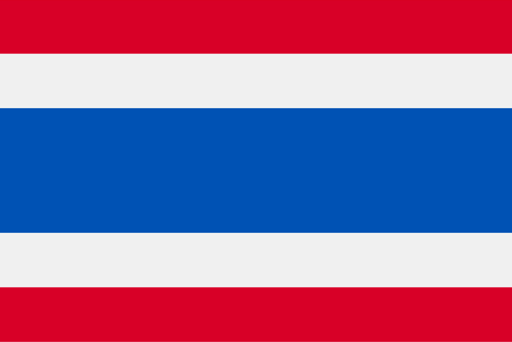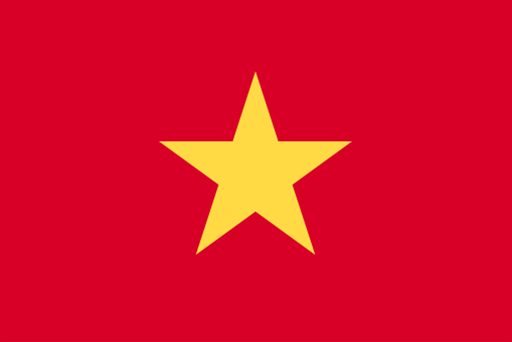Home | About the Project
What sets us apart
’Rethinking Plastics – Circular Economy Solutions to Marine Litter’ supported the transition towards a circular economy for plastics to reduce plastic waste leakage into the sea and thus marine litter.
It was based on the cooperation between the European Union (EU) and seven countries in East and South-East Asia and was well-aligned with regional and national efforts and initiatives to reduce marine plastic waste. Jointly with its partners, the project worked on improving the management of plastic waste, encouraging sustainable consumption and production of plastic as well as reducing litter from sea-based sources and strengthening green public procurement.
Dialogue and learning from experiences and examples of policies, practices and innovative approaches were key to ’Rethinking Plastics’.

The project has provided advice, promoted exchange and best practice sharing, implemented activities and supported more than 20 pilot projects in China, Indonesia, the Philippines, Thailand and Vietnam to test and disseminate new approaches or upscale best practices. Knowledge exchange was fostered, for example, through policy dialogues, workshops and conferences, webinars and awareness raising activities on plastic reduction.
The project was co-funded by the European Union and the Federal Republic of Germany through the German Federal Ministry for Economic Cooperation and Development (BMZ). It was jointly implemented by the Deutsche Gesellschaft für Internationale Zusammenarbeit (GIZ) and Expertise France. It was finalised in October 2022 but let's continue rethinking plastics and striving towards a circular economy.
How to stop plastics fromfinding their way into the ocean?
Project activities were defined and implemented in close cooperation with national and local partners. In China, Indonesia, Philippines, Thailand and Vietnam the project focused on the transition to a circular economy through plastic waste prevention and management.
Priorities included, for example, initiatives to reduce single-use plastics in food delivery and take away, which saw a rise due to COVID-19 related restaurant closures, support of waste management in ports and orientation on Extended Producer Responsibility (EPR) for packaging. Cooperation in Japan and Singapore particularly focused on circular economy, plastic waste management and green public procurement.
In Close Cooperation




